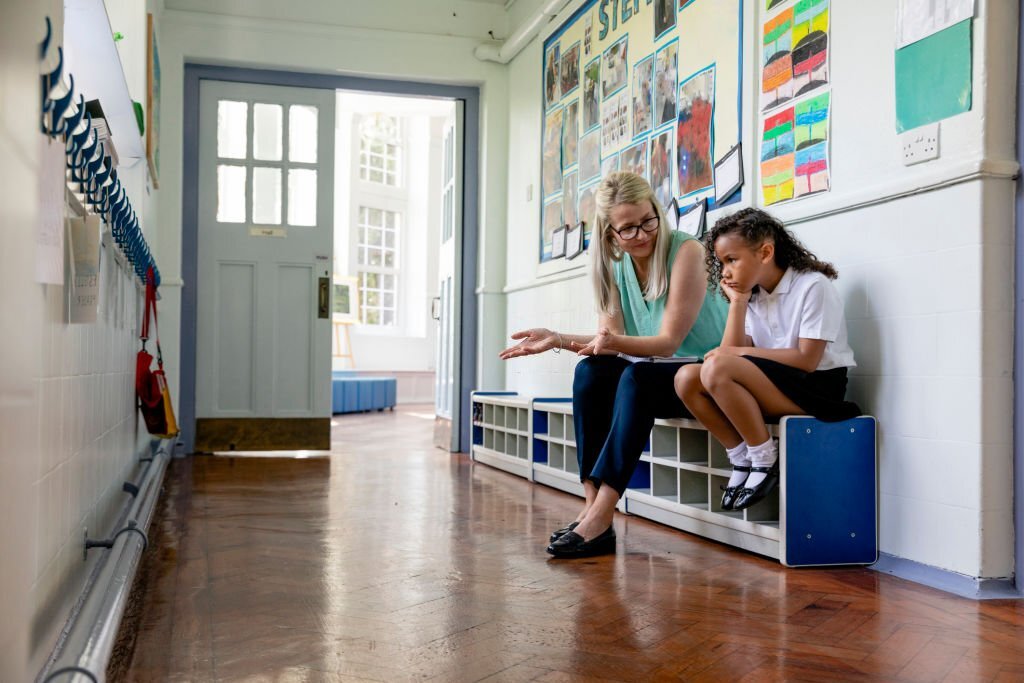This blog examines how domestic violence impacts the lives and education of young children and the roles of school. Young people can be supported within the education system. Schools are often the service in closest and longest contact with a child living with domestic violence; teachers can play a vital role in helping families access welfare services. In the wake of high-profile cases of child abuse and neglect, concerns have been raised about the effectiveness of multi-agency responses to children living with abuse. Domestic violence against schooling children harms them emotionally, psychologically and physically. In the long run, this harm hinders the victims’ learning process in many ways such as inflicting the victim to lose interest in education.
Learner’s school participation as seen in attendance, performance and class participation is related to their psychological and physical state which in turn could be influenced by family relations including domestic violence. Domestic violence is almost always accompanied by psychological abuse. Although the family Is a place where people are expected to maintain intimacy and experience more excellent emotional support in their relationship, domestic violence presents itself as a paradox. It is ironical that this very supportive social unit is also the arena where intimate partner violence (IPV) is more often experienced. Children from slum areas, who witness violence between their parents on top of other social challenges, are exposed to the aftermath of domestic violence such as anxiety, depression, poor academic performance, low self–esteem, disobedience, nightmares and physical health deterioration all of which may negatively impinge on their academic performance and school participation. Academic performance is an important parameter in measuring success in students. The concept of academic performance is inevitable in any formal educational institution. It expresses the learning achievement of an individual or a group at the end of an academic program. It is a criterion for ascertaining the capabilities of a student from which his potential could be to assimilate, retain, recall and communicate his knowledge of what has been learned. The extent and magnitude of domestic violence cannot be precisely measured because there are many cases whereby victims fail to report thus making this vice an inter-personal and family secret. Violence between spouses or intimate partner violence (IPV) usually has far-reaching consequences on children. Besides the scenes of violence being traumatic, the children may suffer short-term as well as long-term emotional imbalances, which not only affect their behavior and performance in school but also may adversely affect their social and interpersonal relationships. These children may then become abusers themselves in what can be seen as the continuity hypothesis. Children who witness violence between their parents often develop many of the same behavioral and psychological problems as children who are themselves abused.
When children are in school, the school is responsible for keeping them safe from harm and abuse. The school should create a safe learning environment, identify pupils suffering or at risk of harm and take suitable action. The school also needs to train staff in child protection.








